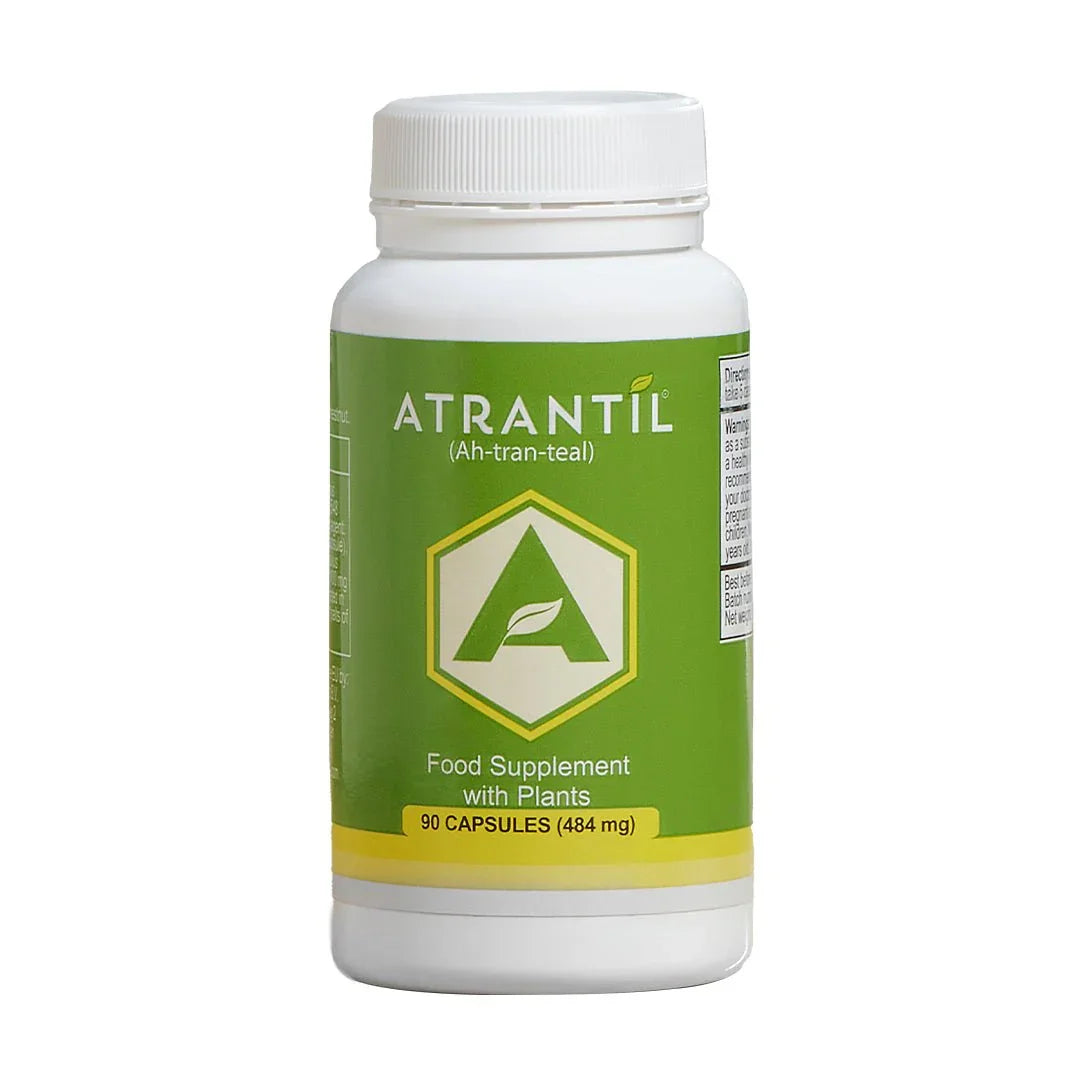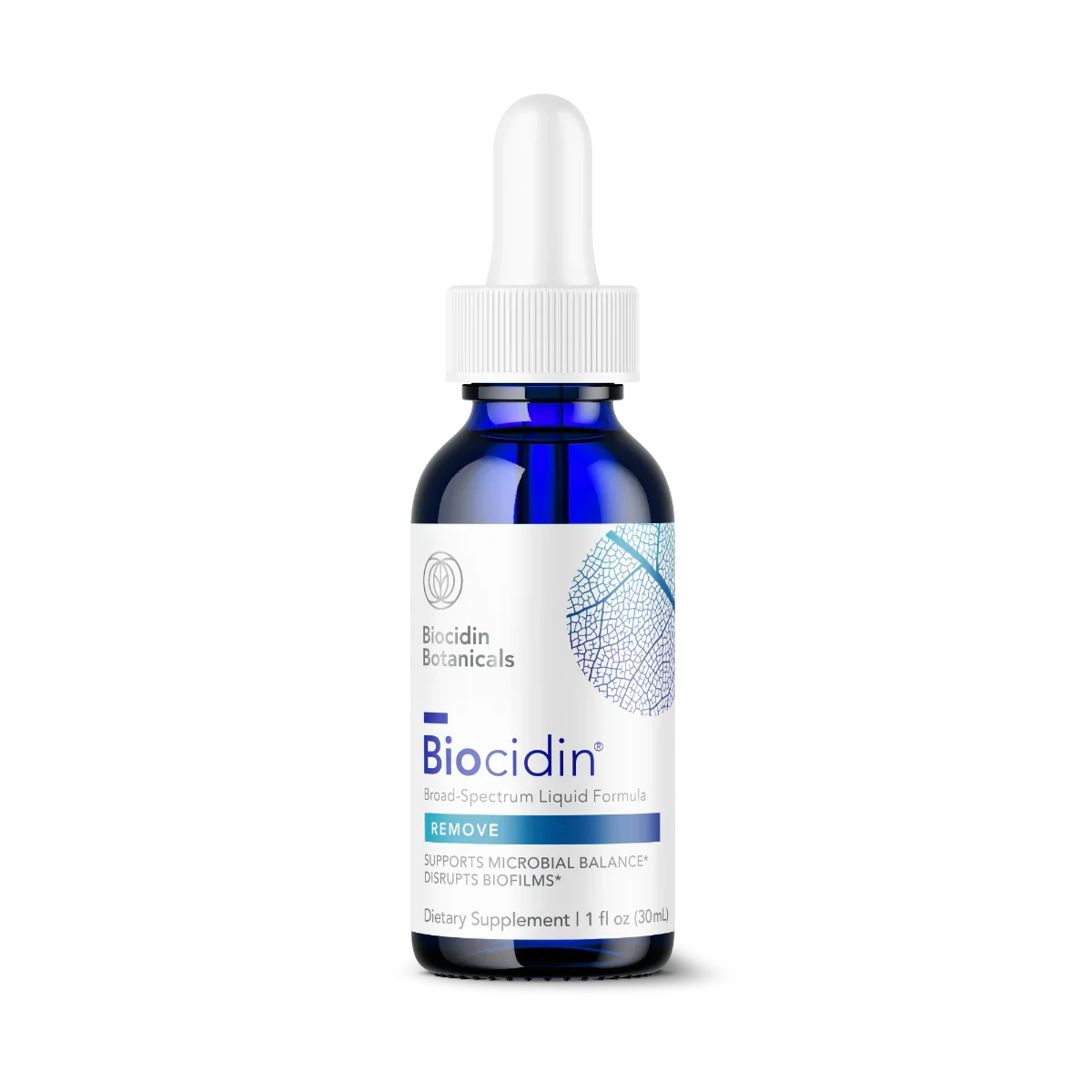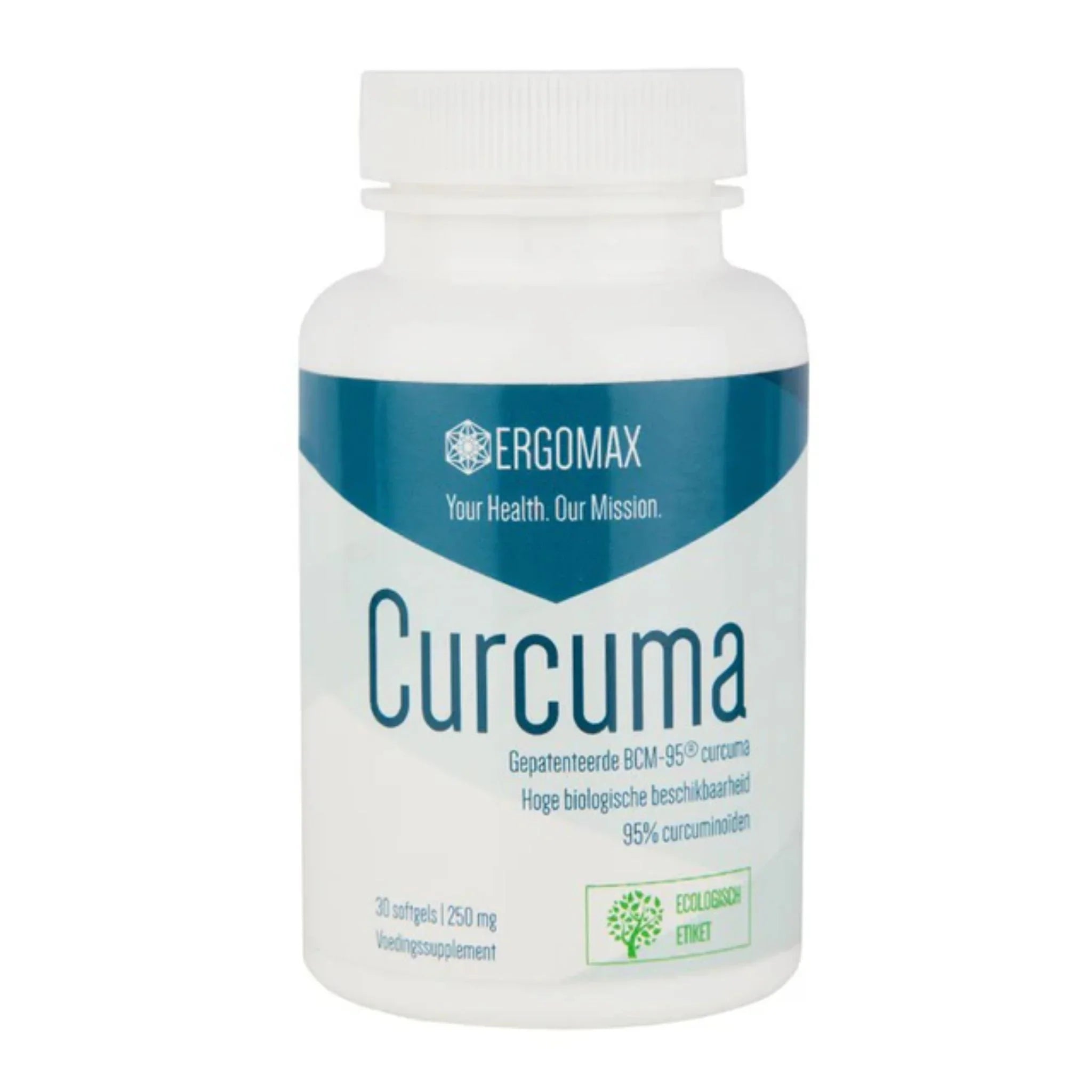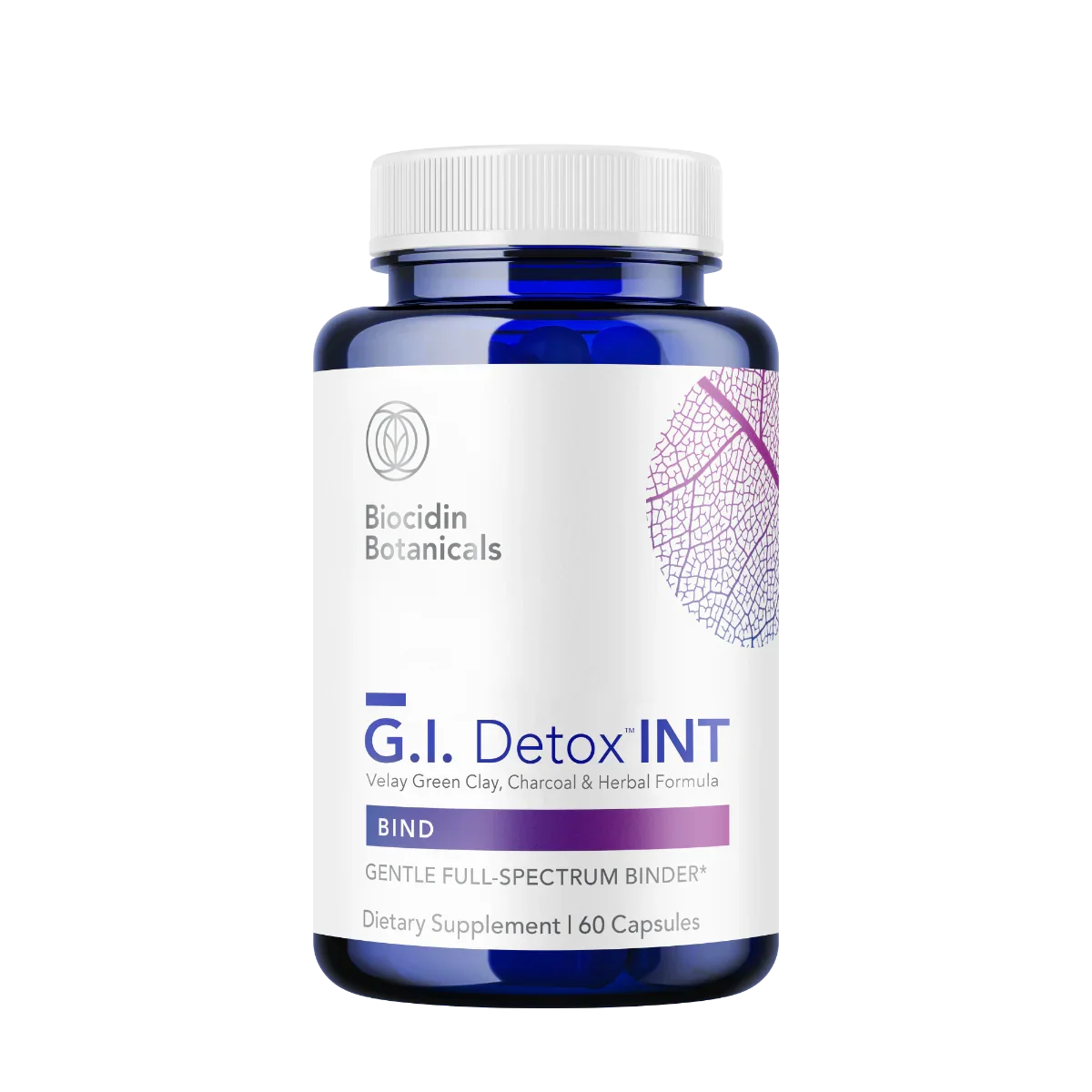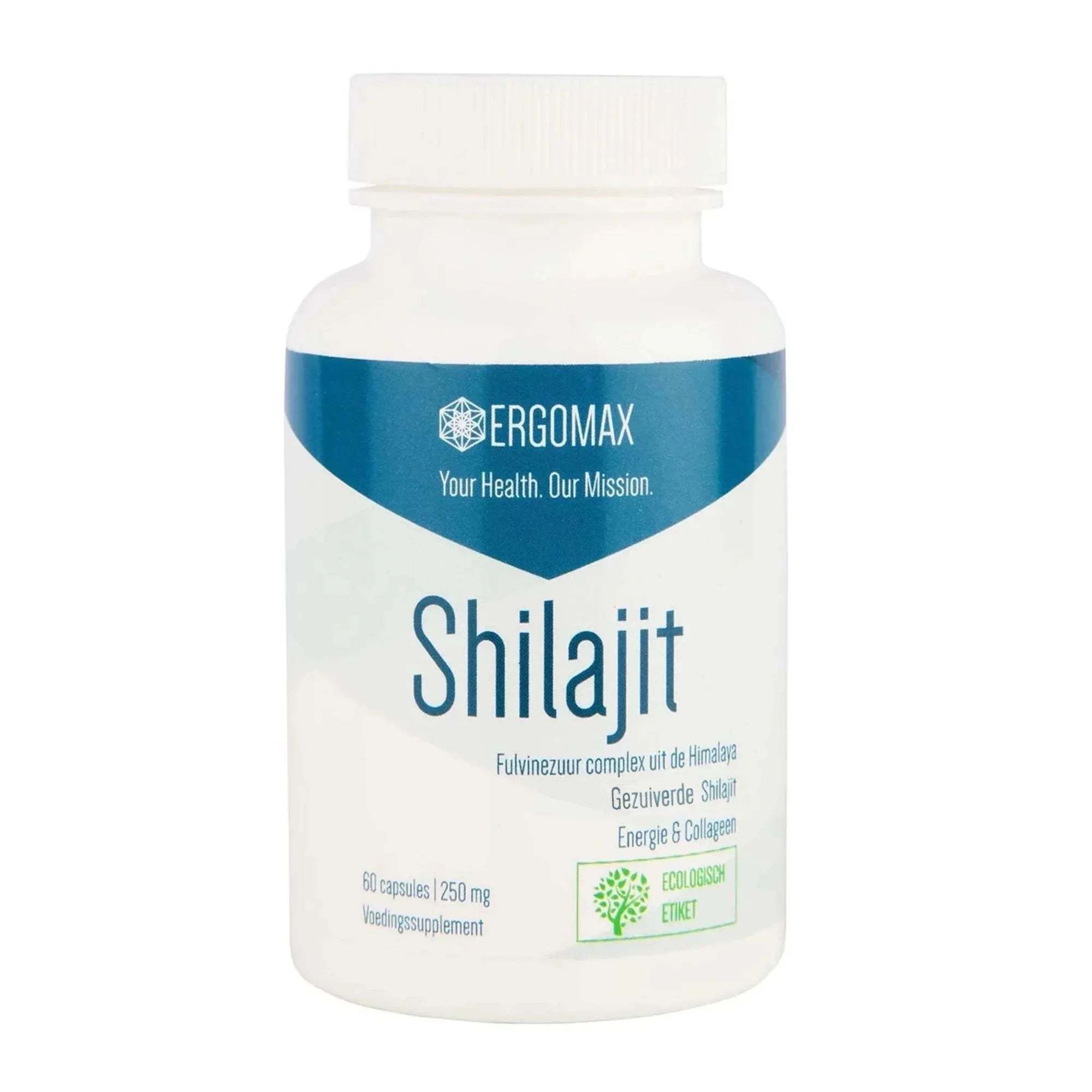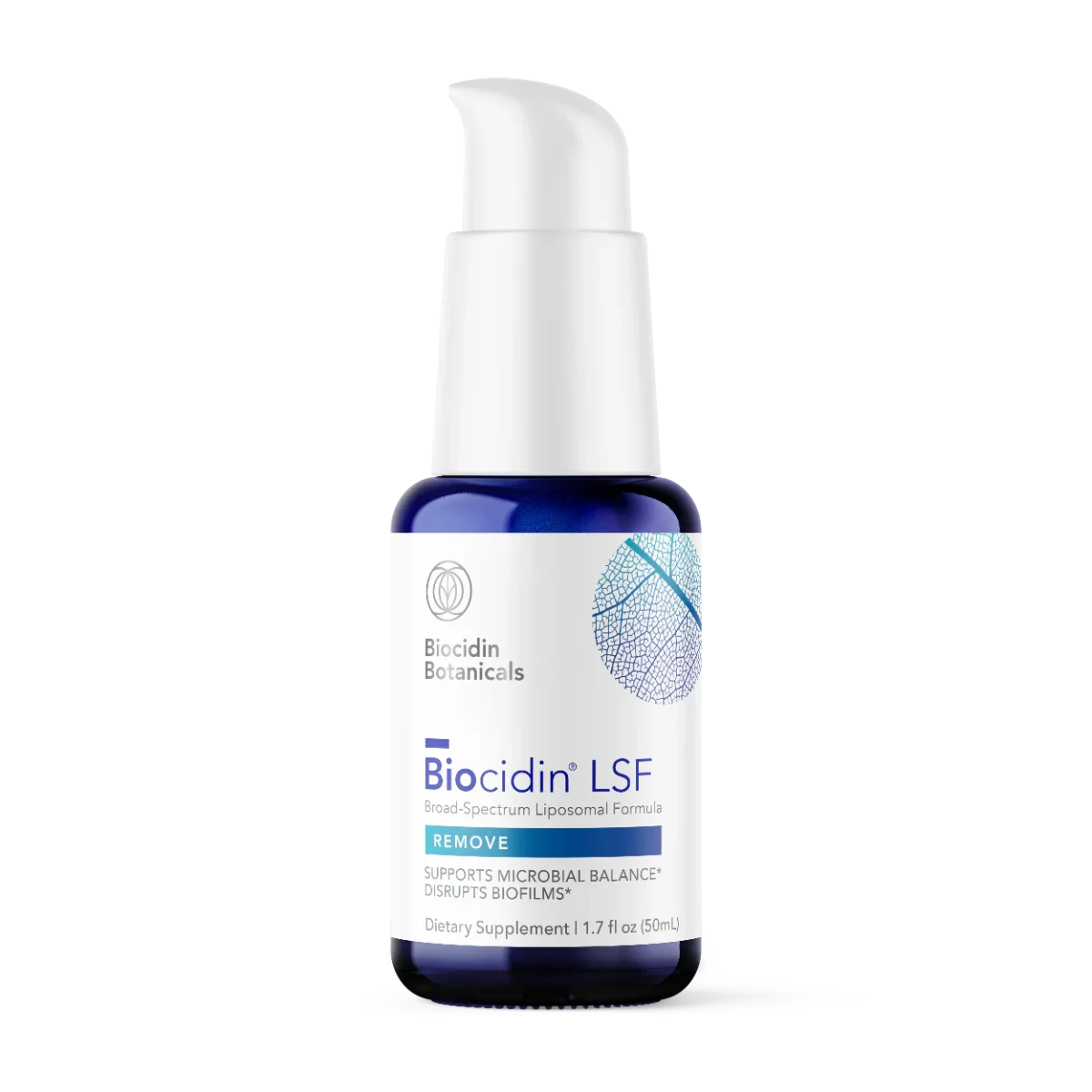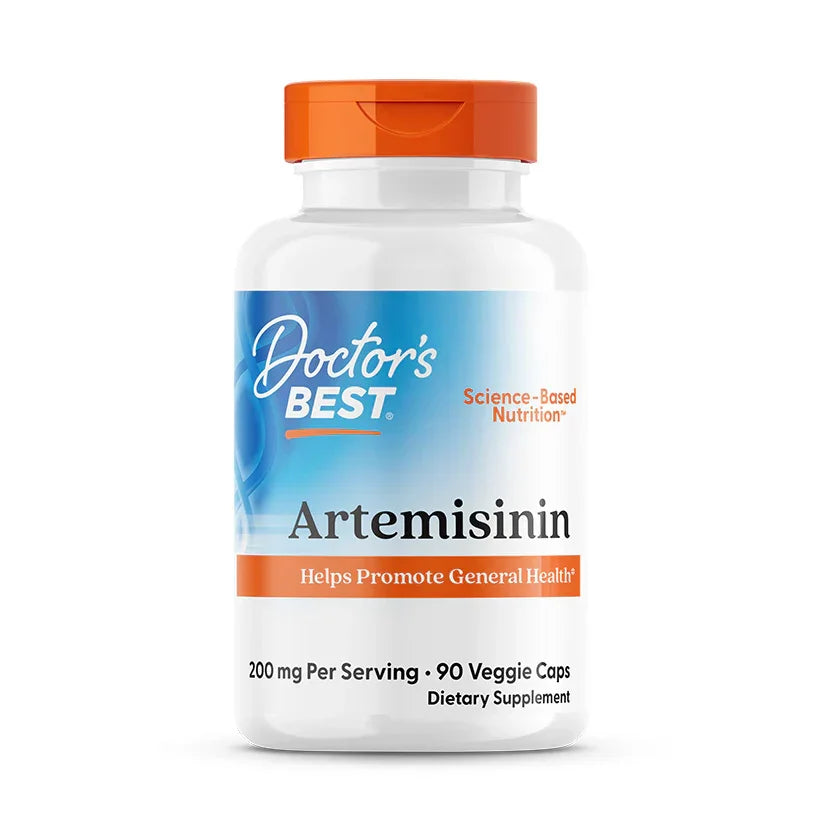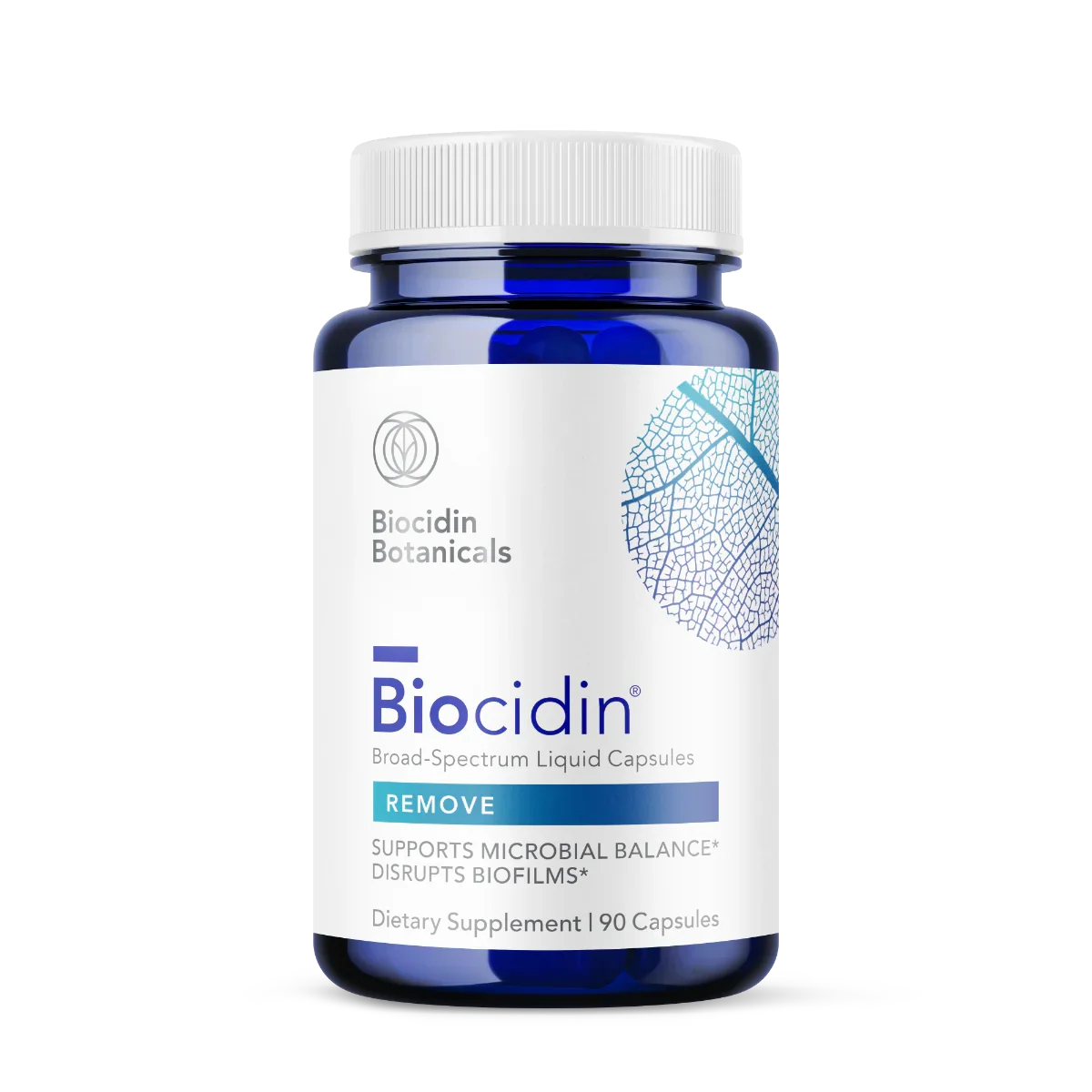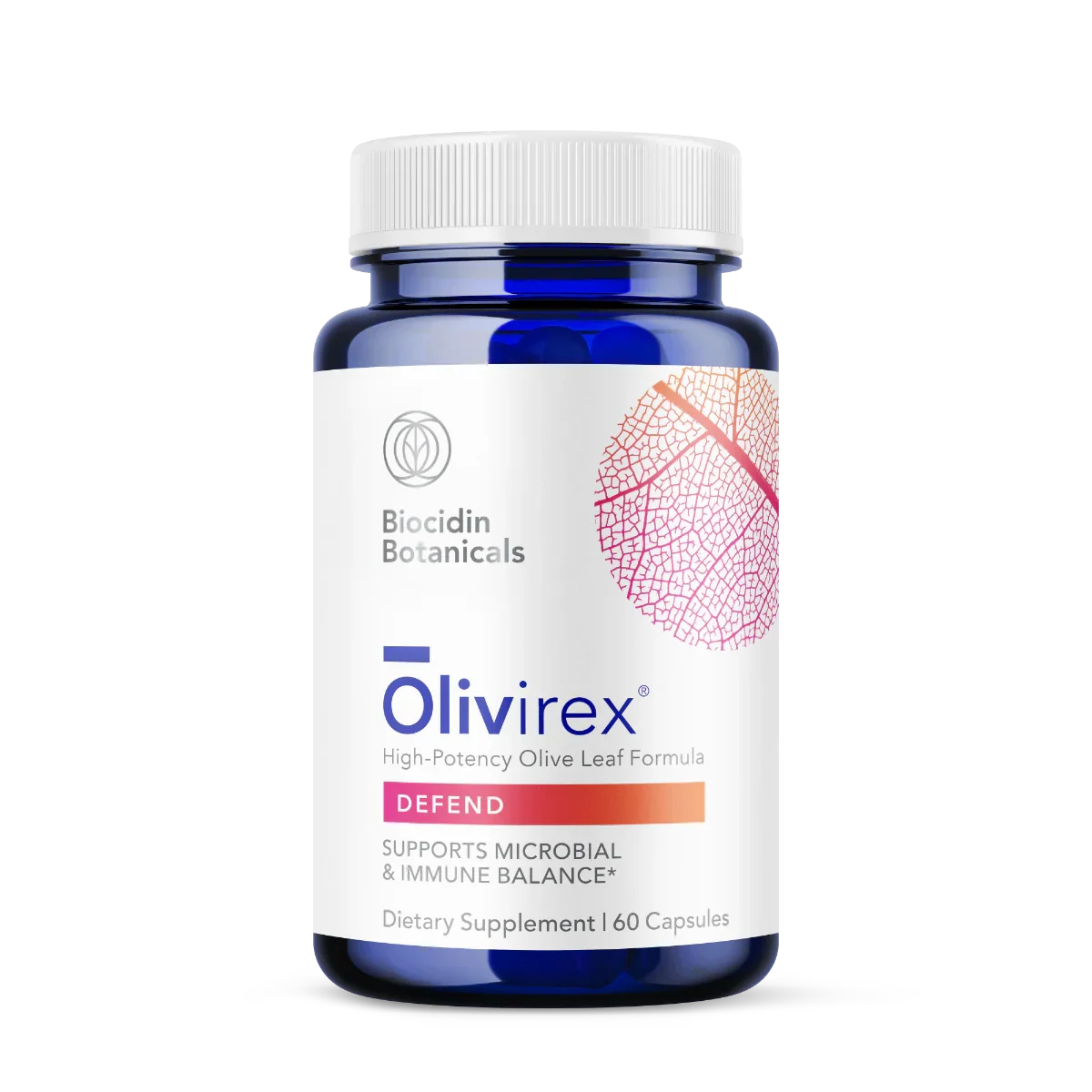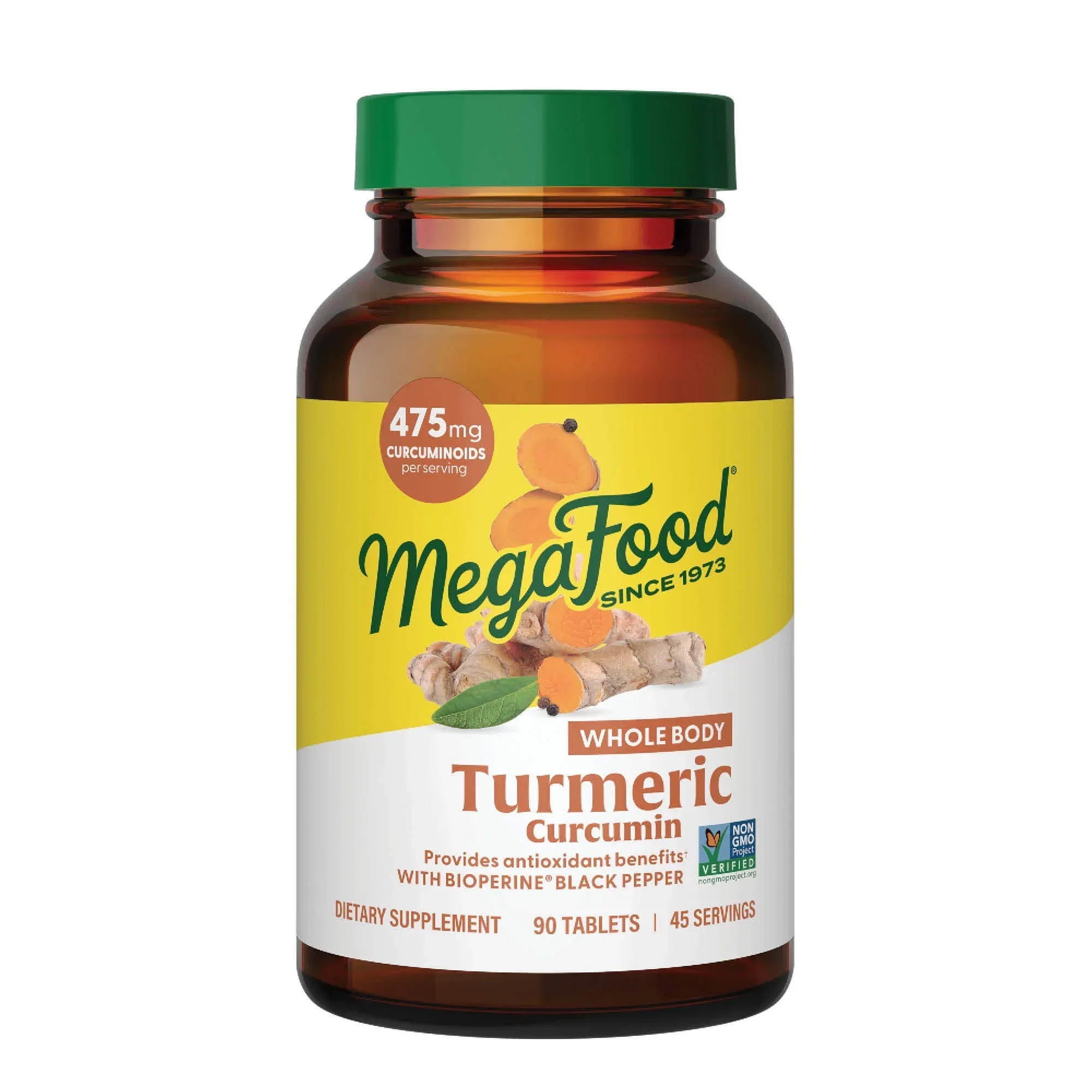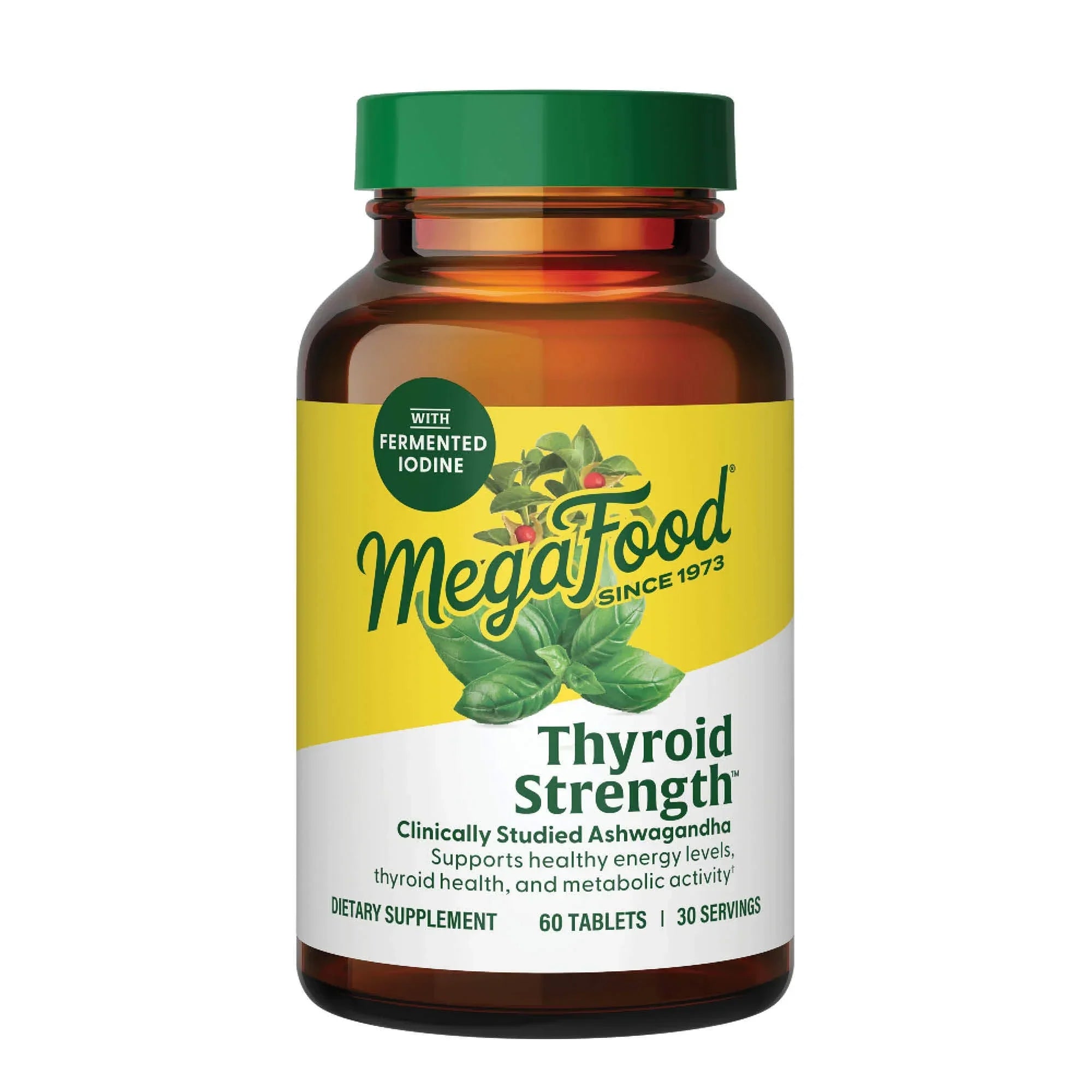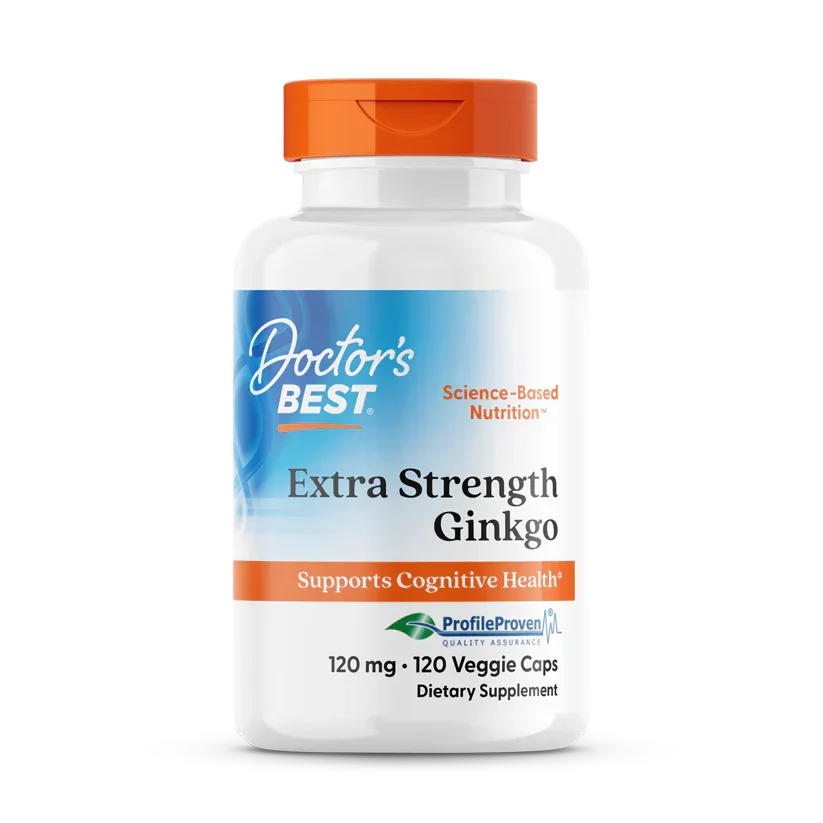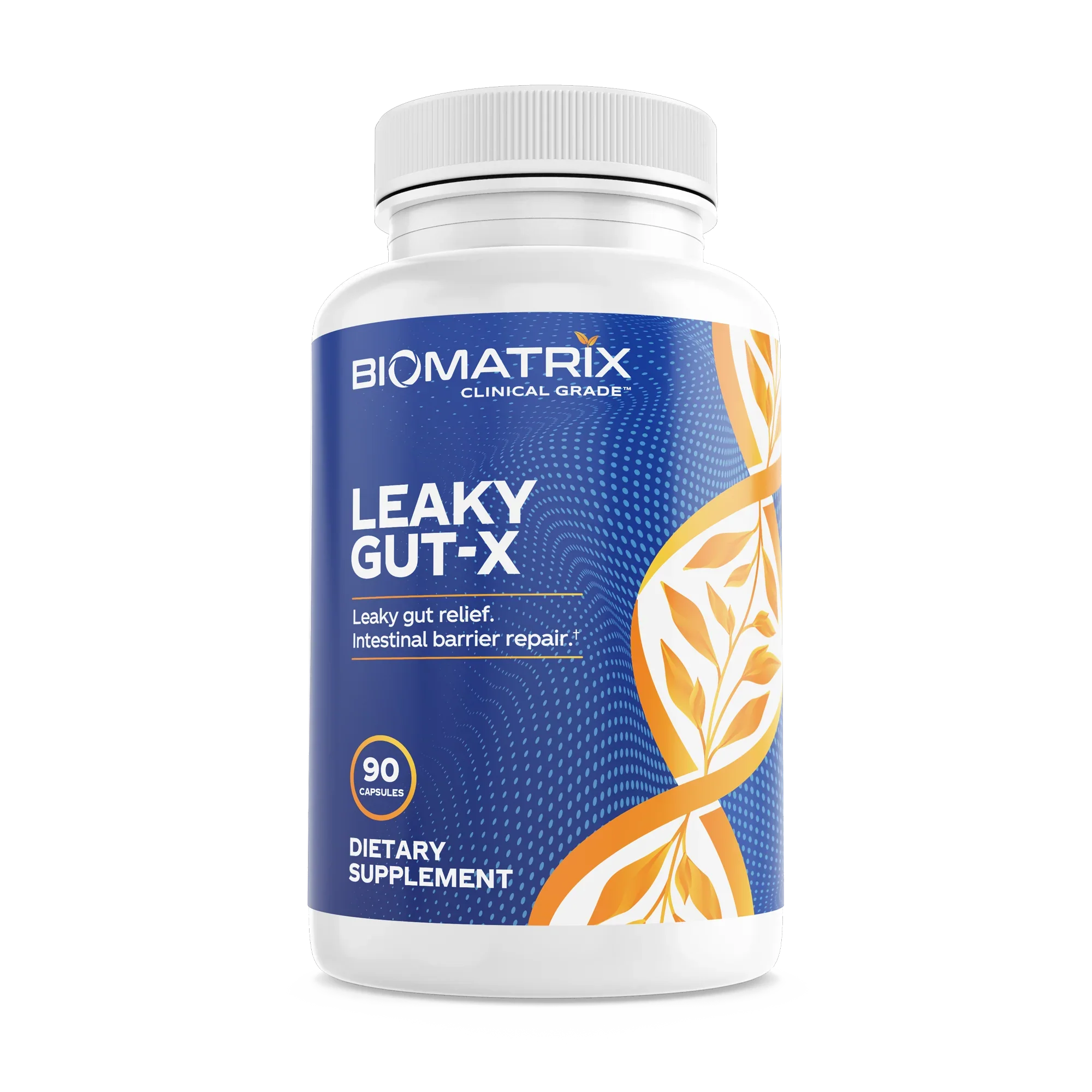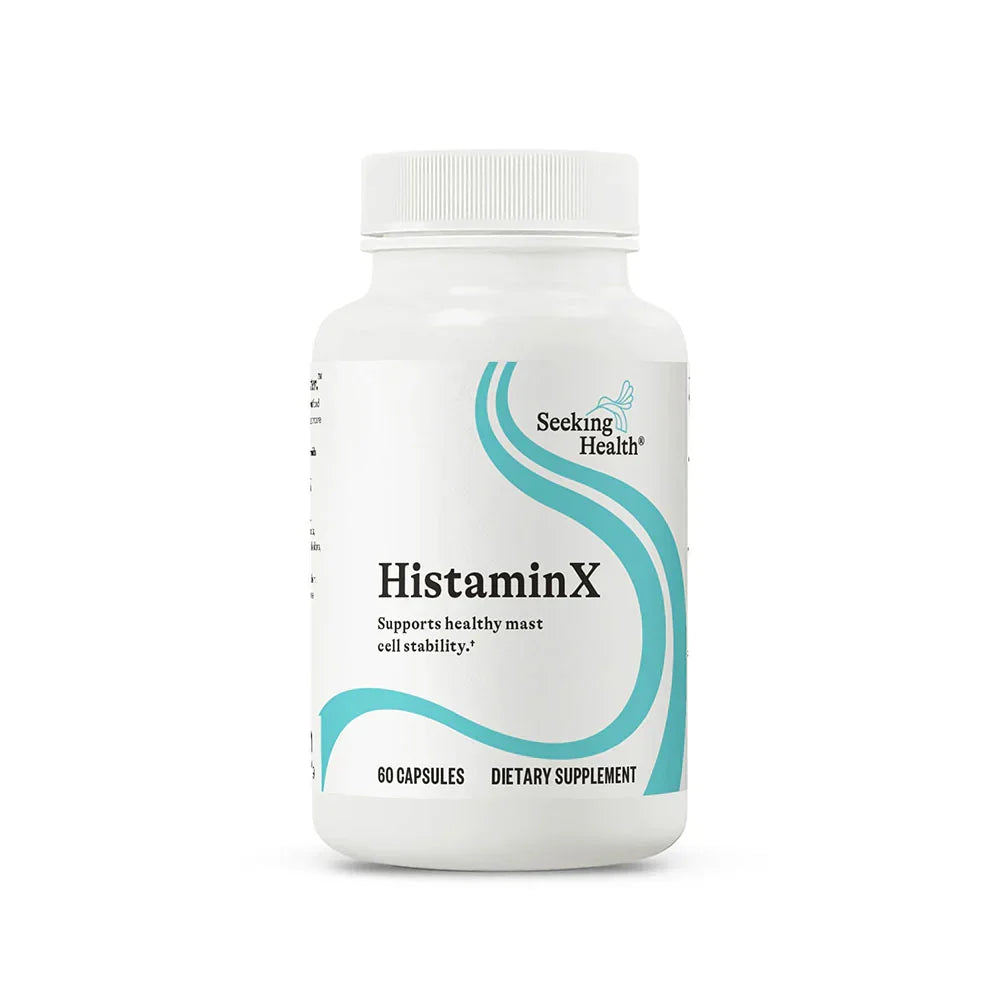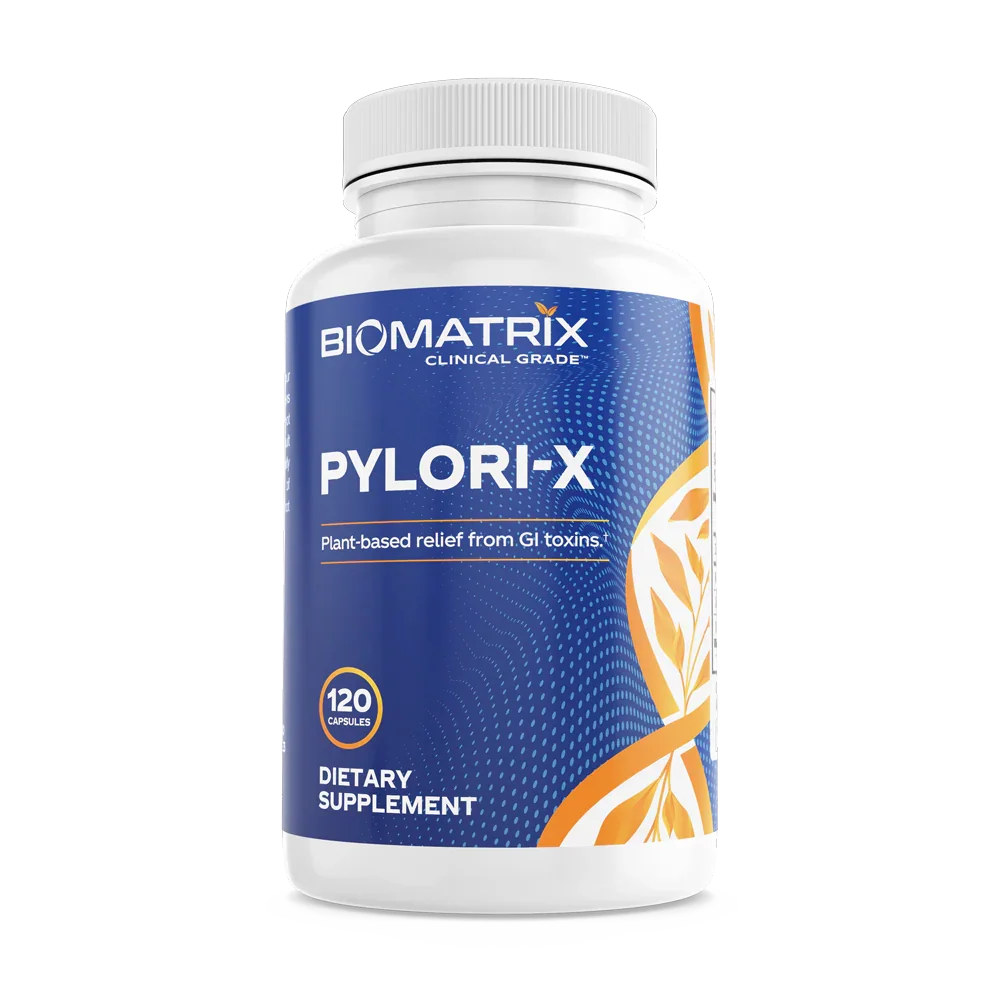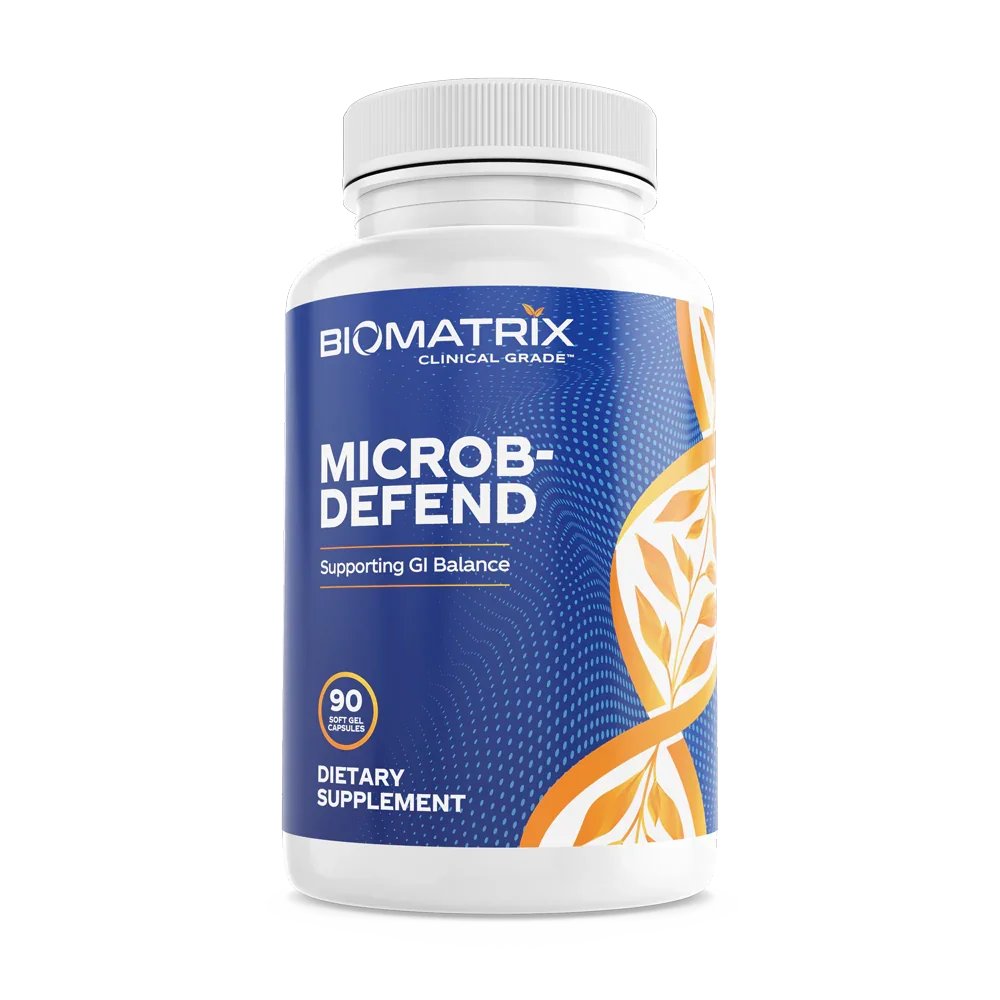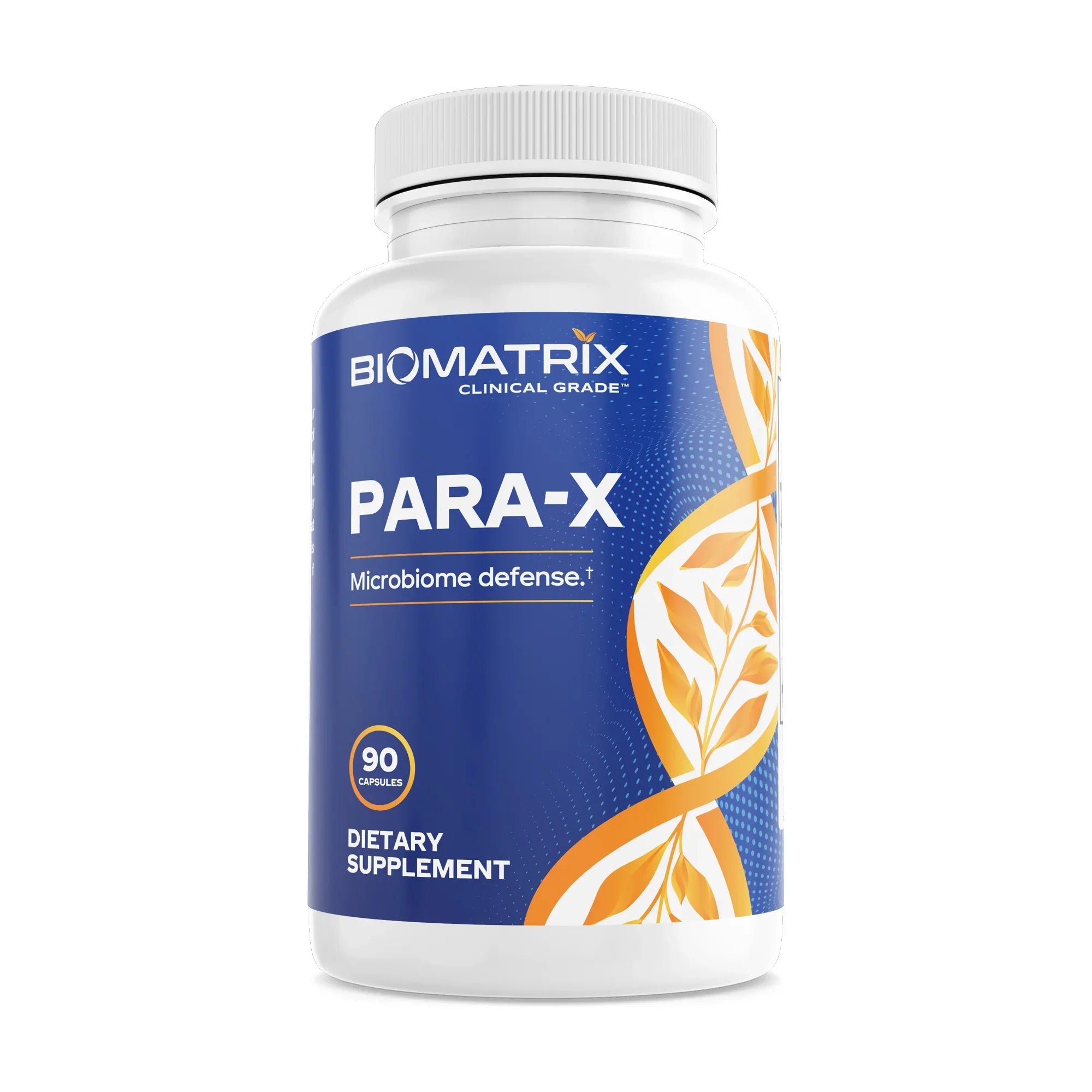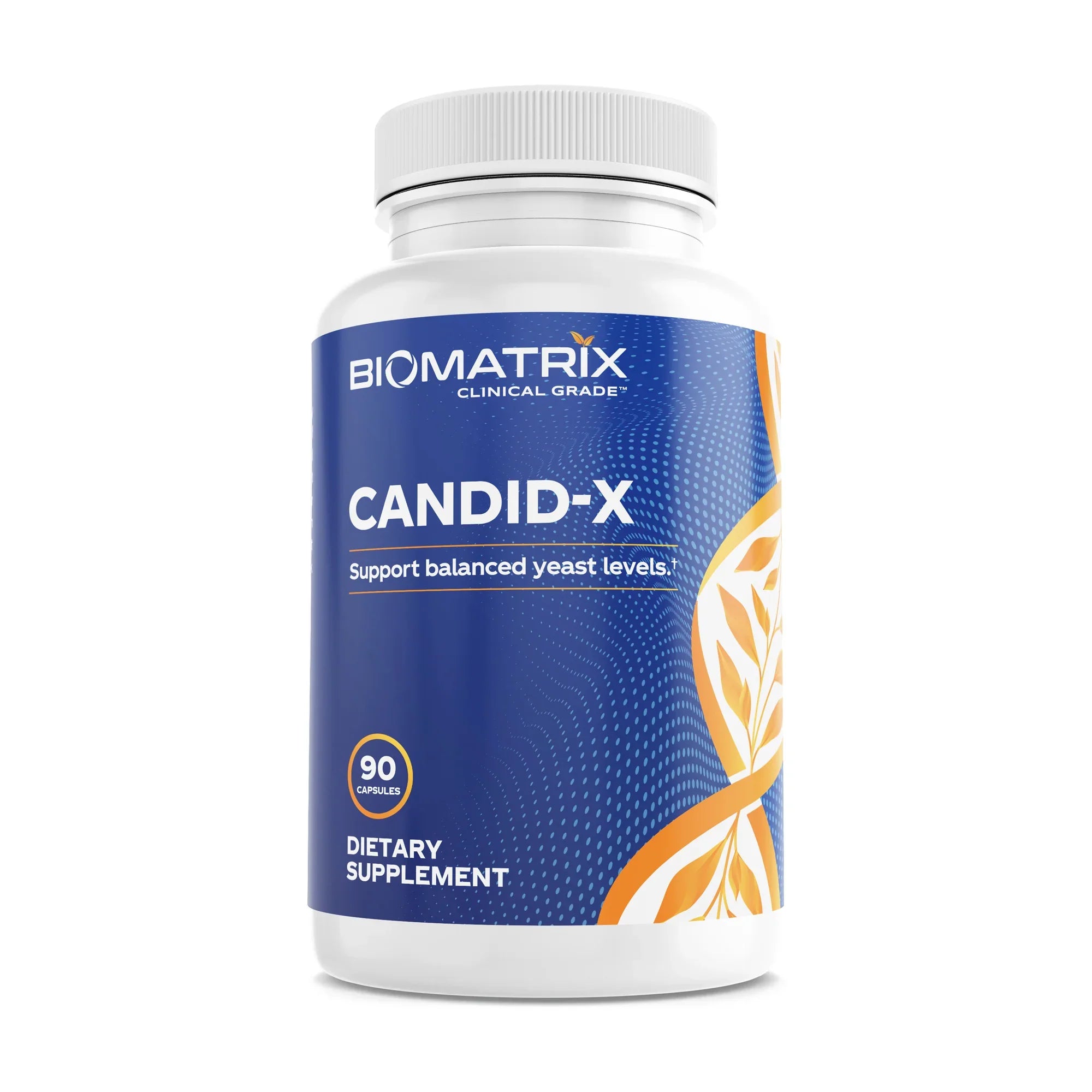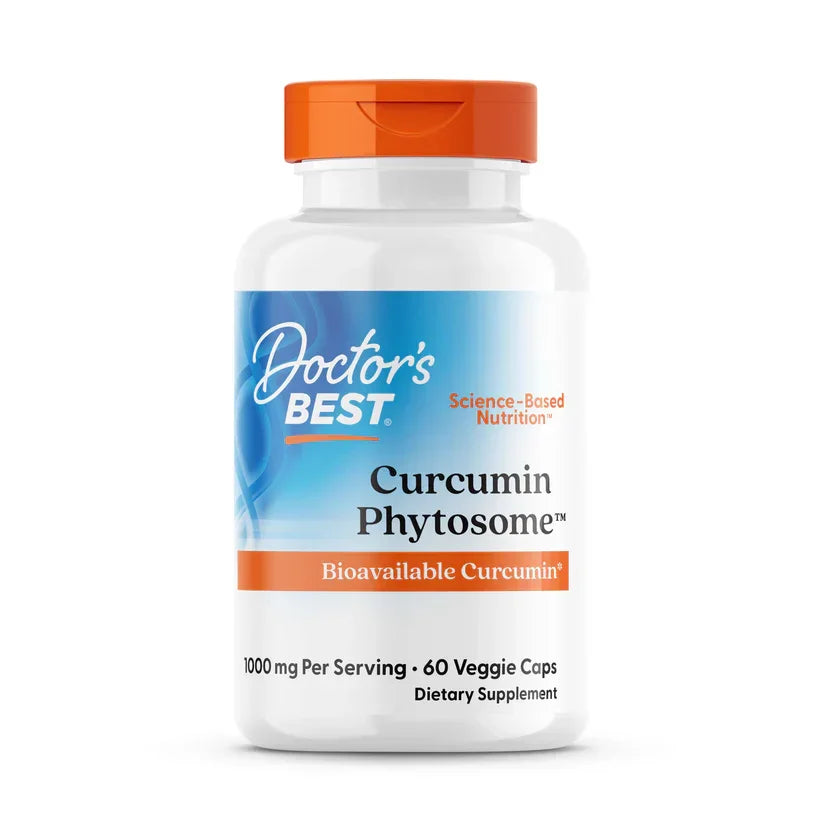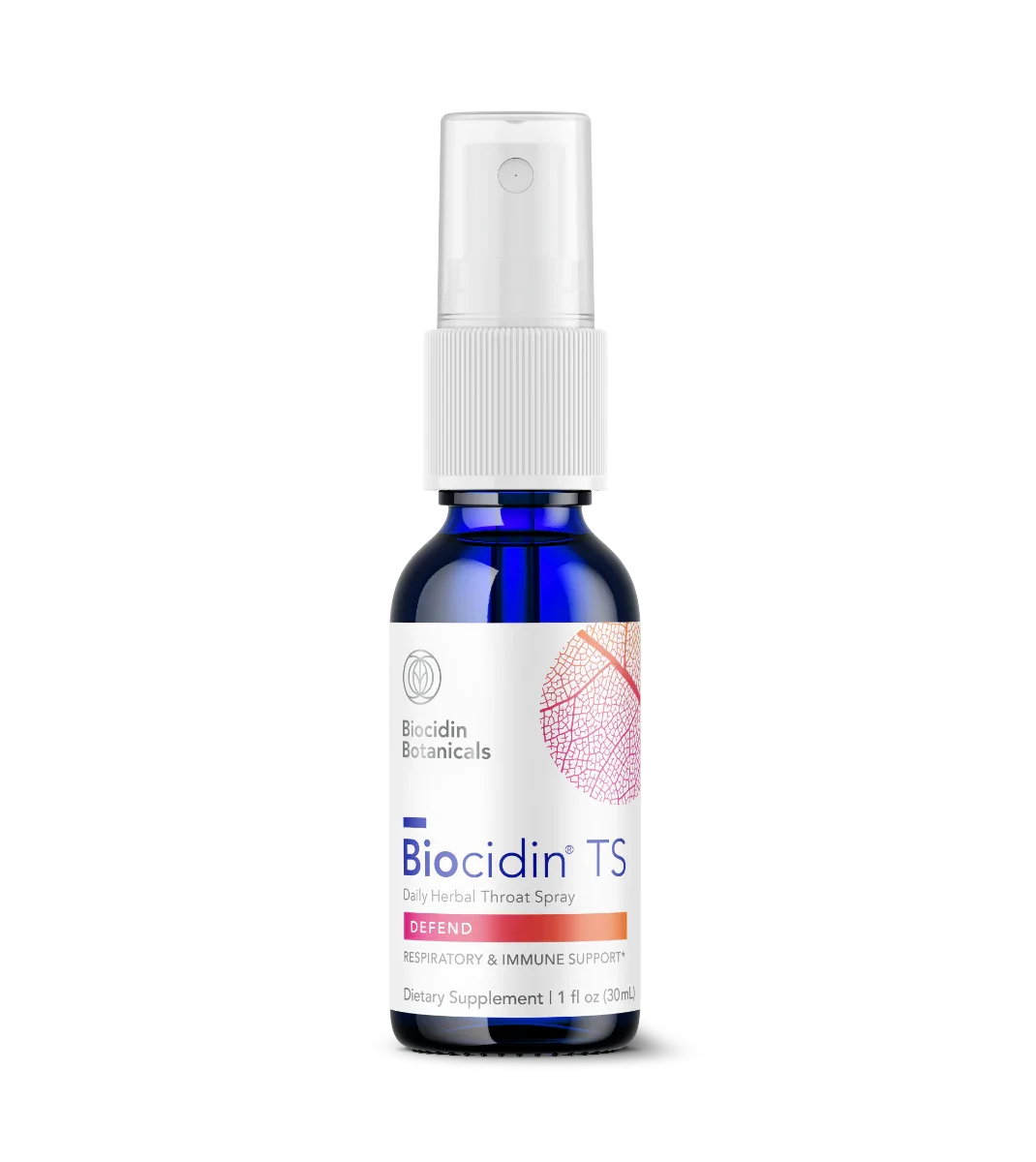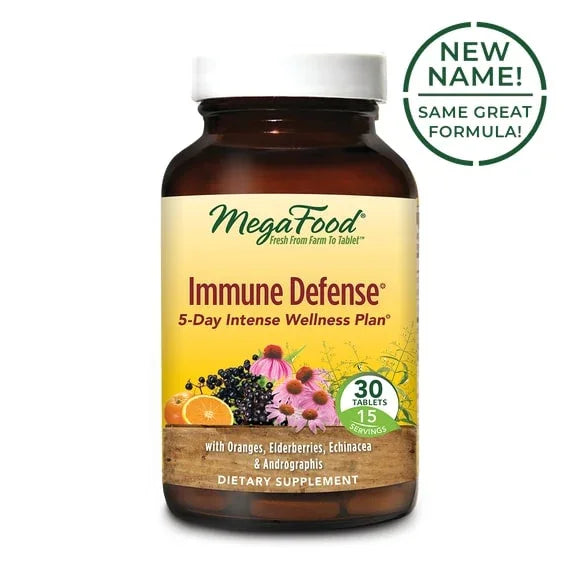Herbal Nutritional Supplements
At Ergomax, we prioritize natural products above all alternatives. Supporting your health with beneficial herbs aligns perfectly with our vision. In our webshop, you'll find a wide variety of different botanicals. Some examples include curcumin, resveratrol, hemp extracts, nootropics, seaweed extracts, licorice extracts, and ashwagandha supplements. For more information see the product descriptions. Call or email us any time for additional advice.
Filters
Atrantil - Bacterial Overgrowth - 90 capsules
Sale price€44,95
Biocidin® - Botanical Herbal Complex - 30 ml
Sale price€64,95
Curcuma - BCM-95® - 30 softgels
Sale price€19,95
Biocidin - G.I. Detox (INT) - 60 capsules
Sale price€39,95
Shilajit with Fulvic Acid - 60 capsules
Sale price€22,50
Biocidin LSF - Liposomal Formulation - 50 ml
Sale price€87,95
Artemisinin - Sweet Wormwood Extract - 90 capsules
Sale price€44,95
Biocidin® - 90 vegetarian capsules
Sale price€64,95
Olivirex® - 60 capsules
Sale price€41,95
Turmeric Strength™ for Whole Body - Curcumin Formula
Sale price€54,95
Thyroid Strength®
Sale price€44,95
Ginkgo Biloba Extract - ProfileProven® - 120 capsules
Sale price€17,95
Leaky Gut-X (Support Mucosa) - Bowel Support - 90 capsules
Sale price€57,50
HistaminX - Enzyme & Flavonoid Formula - 60 capsules
Sale price€49,95
Pylori-X - Helicobacter pylori formula - 60 Capsules
Sale price€89,95
Microb-Defend - Oregano Oil Formula - 90 softgels
Sale price€66,75
Para-X - Formulation - 90 capsules
Sale price€74,95
Candid-X - Candida Formula - 90 Capsules
Sale price€51,75
Curcumin Phytosome - Meriva® - 60 capsules
Sale price€29,95
Biocidin® Throat Spray - 30 ml
Sale price€27,95
Immune Defense - FoodState® Vitamin Formula - 30 Tablets
Sale price€22,45

